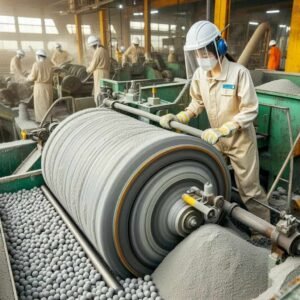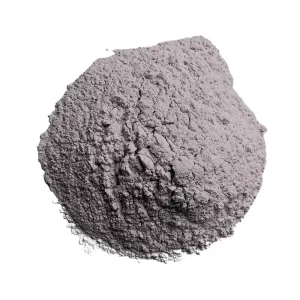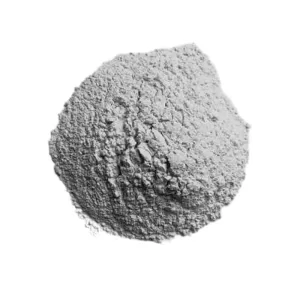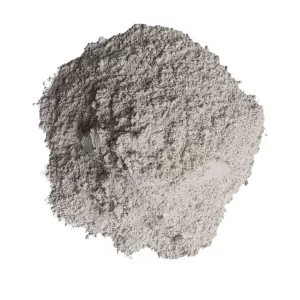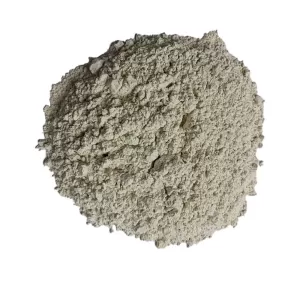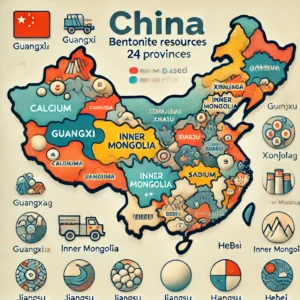As a mineral resource, bentonite reserves in China are vast and widely distributed. Reserves have been developed in mining areas, with identified bentonite resource reserves reaching 2.389 billion tons, accounting for 85.5% of the total proven resource reserves. Regarding regional distribution, bentonite is found in most parts of China, with variations in the amount of reserves. East China and South China, in particular, are rich in bentonite reserves. The unique mineral structure of bentonite, along with its excellent crystalline and physical properties, makes it extensively utilized in various industries such as petroleum, metallurgy, foundry, machinery, ceramics, construction, light industry, papermaking, textiles, and food. Bentonite serves as a binder, adsorbent, filler, thixotropic agent, flocculant, detergent, stabilizer, and thickener, playing a crucial role in these industries.
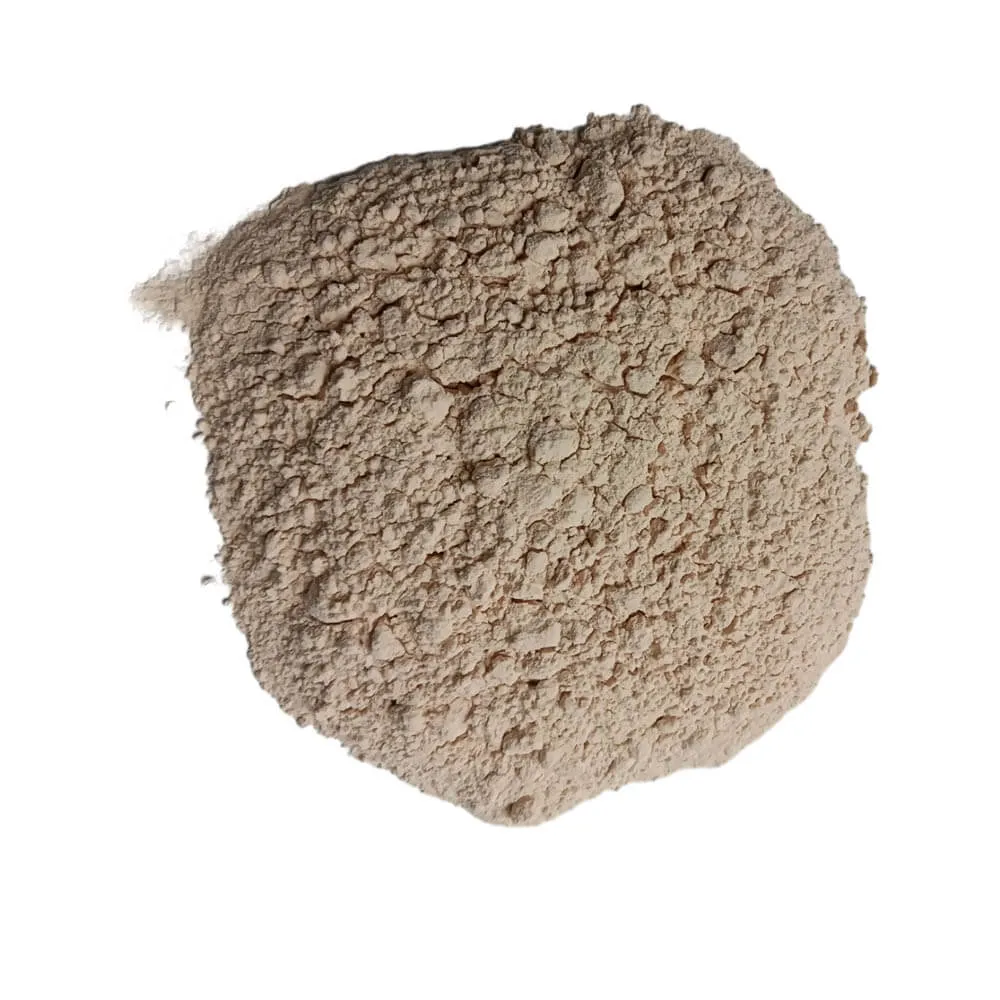
This paper introduces the application of bentonite in waterproof materials, wall materials, coatings, cementitious materials, mortar and concrete, as well as new functional materials in the construction industry. It also discusses the latest research progress and proposes recommendations for further research to deepen our understanding and maximize the benefits of bentonite modification, expanding its application scope.
Overview of the Properties of Bentonite
Bentonite is a relatively soft rock, characterized by montmorillonite as its main component, constituting 30% to 90% of its content. Montmorillonite belongs to the monoclinic crystal system structure, comprising two layers of silica-oxygen tetrahedral wafers sandwiched between one layer of aluminum-oxygen octahedral wafers, making it a 2:1 type layered silicate mineral. The unique structure of montmorillonite allows it to act as a large negatively charged anion, forming electric dipoles between cations and the crystal lattice framework. Bentonite is classified into sodium bentonite, calcium-based bentonite, hydrogen-based bentonite, and organic bentonite based on interlayer cations.
The quality of bentonite largely depends on its montmorillonite content. However, other factors, such as the ease of purification, also contribute to its economic value. The montmorillonite content serves as a primary indicator for preparing bentonite products, and the evaluation of bentonite deposits focuses on the development of high-grade products.
Bentonite in the Building Materials Industry: Application and Research Development
The construction industry demands bentonite for various applications, including waterproofing materials, wall materials, coatings, cementitious materials, mortar, concrete, and new functional materials. The following sections delve into the research on the application of bentonite in these construction materials:
2.1 Waterproof Materials
Bentonite’s water-absorbing and expansive properties are primarily utilized in the preparation of waterproof materials. Bentonite can absorb water up to 30 times its original volume, attributed to its small particle size and significant specific surface area. The waterproof materials discussed include bentonite waterproof cardboard, bentonite waterproof board, and bentonite waterproof paste and water-stopping strips.
2.1.1 Bentonite Waterproof Cardboard
Bentonite waterproof cardboard is a product made of corrugated kraft paperboard filled with a specific formula of bentonite. This material has been used in underground waterproofing projects, demonstrating excellent waterproofing results, especially in locations such as the San Francisco Bay Rapid Transit Line, Toronto subway stations, and subway stations in Hong Kong and Singapore.
2.1.2 Bentonite Waterproof Board
The development of bentonite waterproofing board has a history of more than a decade, specifically applied in projects like artificial lakes, water features, landfills, and underground garages. Bentonite waterproofing board exhibits strong resistance to pressure, allowing for wider crack repair and long service life.
2.1.3 Bentonite Waterproof Paste and Water-Stopping Strips
Bentonite supplier, when mixed with adhesives and organic solvents, can form a mud-like waterproofing paste. This paste, exhibiting excellent waterproofing performance, can swell with water and generate expansion pressure. Additionally, bentonite and rubber mixing result in water bars that can be used in free states or adhered to concrete, effectively blocking gaps and preventing water infiltration.
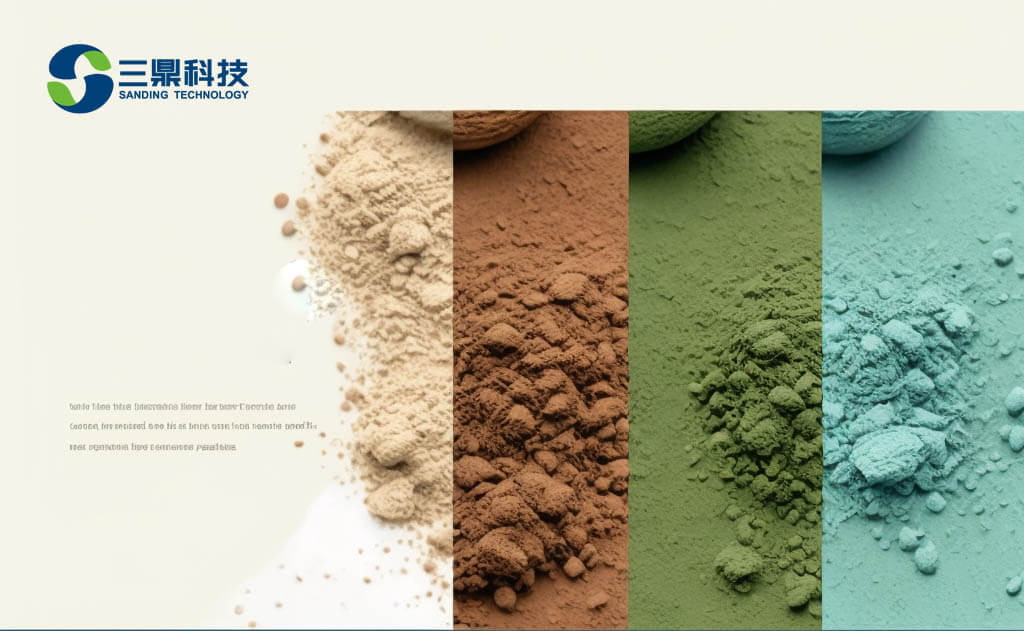
2.2 Wall Materials
Bentonite is employed in the production of lightweight wall materials, offering adequate strength at lower densities. These materials can be molded quickly without the need for steam maintenance, enhancing construction speed and maintaining the integrity of lightweight building materials. Low-grade calcium bentonite can be utilized as a gelling and curing agent for new wall materials.
2.3 Coatings
Bentonite serves various roles in coatings, acting as an inorganic thickener, auxiliary binder, and suspension anti-sinking agent.
2.3.1 Inorganic Thickener
Due to the negative charge between montmorillonite layers, bentonite dispersed in water-based paint attracts organic molecules, forming interlayer montmorillonite-organic complexes with a reticular three-dimensional structure. Bentonite functions as an inexpensive paint thickener, increasing the coating’s consistency.
2.3.2 Auxiliary Binder
Bentonite’s good bonding and covering power make it a suitable addition to architectural coatings, reducing product costs by replacing part of the base material and other fillers. Bentonite can be mixed with various components to produce protective coatings for metal surfaces, enhancing adhesion and enabling recycling.
2.3.3 Suspension Anti-Sinking Agent
Bentonite, easily dispersed in water, helps prevent paint from precipitating and layering, ensuring more uniform color and better stability. It also contributes to improving the coating performance of the paint.
2.4 Mortar and Concrete
Researchers such as Qin Honggen et al. have explored the use of bentonite in lightweight thermal insulation mortar by incorporating it as a modifier with furnace slag, ordinary cement, and Class II fly ash. The study found that bentonite enhances mortar workability, compressive strength, and thermal conductivity.
In the design of construction mortar, where ease, water retention, and construction properties are crucial, bentonite can be used as a thickening and water-retaining material. Researchers like Ju Jianying and Fan Yitang have studied the properties of bentonite in cement mortar, concluding that it significantly improves water retention and performance.
2.5 New Functional Materials
Bentonite plays a role in the development of new functional materials, particularly in the creation of polymer/clay nanocomposites and nanohybrid indoor humidity adjustment materials.
2.5.1 Polymer/Clay Nanocomposites
Organic modification of bentonite enhances its compatibility with polymers, resulting in nanocomposites with unique properties such as improved gas barrier, viscosity, and melt viscosity reduction. Organicized bentonite can react further with monomers or polymer melts, forming nanoscale structural lamellae that disperse uniformly into polymer matrices, creating nanoplastics.
2.5.2 Nanohybrid Indoor Humidity Adjustment Materials
Leveraging the high adsorption, ion exchange, and high specific surface area of bentonite, combined with organic/inorganic nanohybridization technology, new intelligent nanohybrid indoor humidifying materials can be developed. These materials offer automatic adjustment of relative humidity.
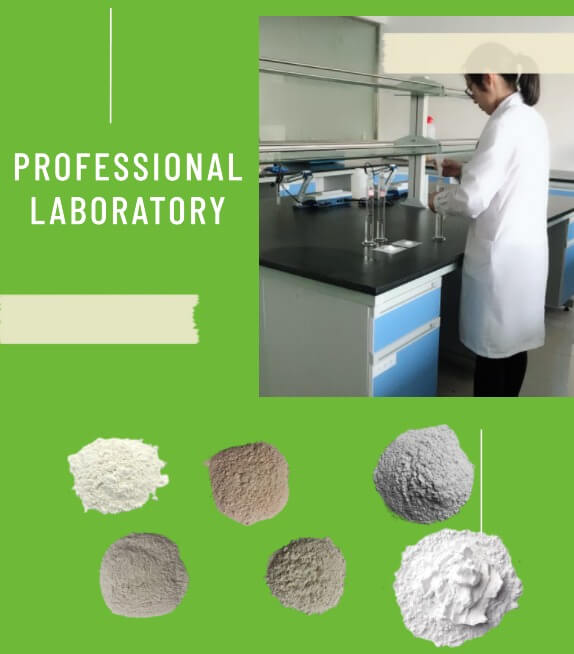
Conclusion and Prospects
Currently, natural sodium- and calcium-based bentonite are widely used in the building materials industry. However, research is progressing towards higher levels of functionality and environmental friendliness. Applications such as bentonite in mortar thickening and water retention materials, as well as in composite phase change materials, align with contemporary trends in the construction industry. The vast and varied reserves of bentonite in China warrant further research and effective utilization.
The modification and application technology of bentonite remain areas with significant potential for exploration and development. As research moves towards more functional and environmentally friendly applications, there is a need to expand and deepen our understanding of bentonite’s capabilities. The paper emphasizes the importance of exploring bentonite’s potential beyond its role in improving building material performance, pointing towards a future where bentonite contributes to more sustainable and innovative solutions in the construction industry.
At the moment,many clients will wonder that where to buy bentonite clay,we suggest you to contact with Hubei Sanding Technology,they are a professional bentonite clay manufacturer in China.



